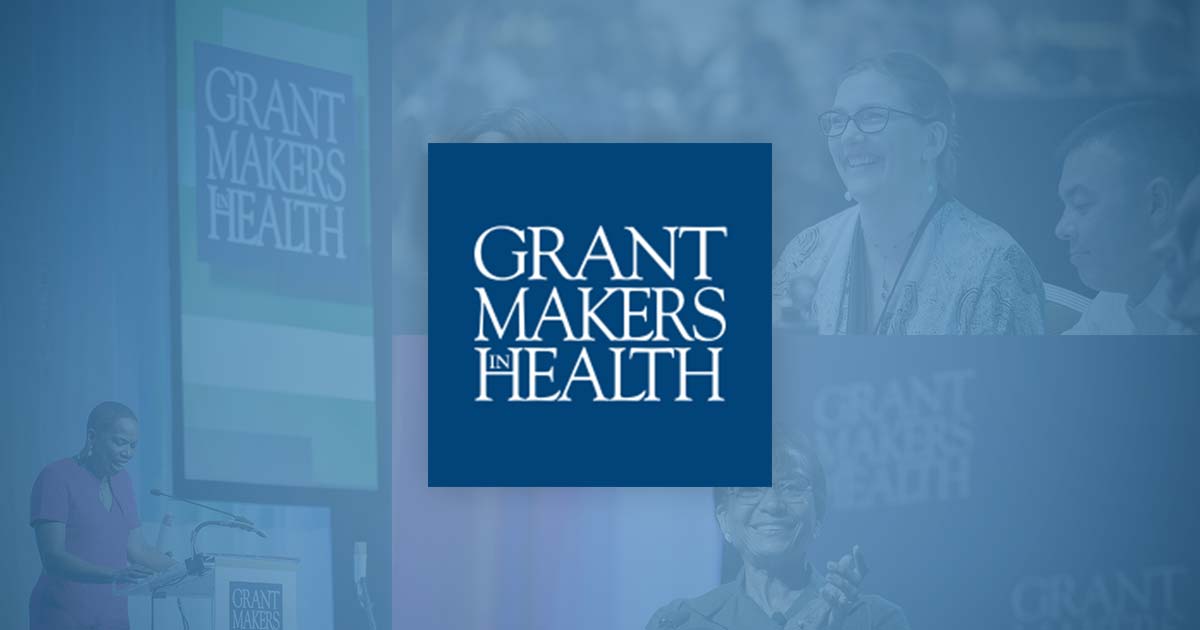Integrative Medicine Offers Opportunity for Shared Learning and Collaboration
There is growing interest in the field known as integrative medicine. A 2007 national survey by the Centers for Disease Control and Prevention found that 38.3 percent of all adults, up from 36 percent in 2002, accessed some form of complementary and alternative medicine through visits to acupuncturists, chiropractors, massage therapists, among others.
Shifting Paradigms in Promoting Oral Health for Young Children
Tooth decay remains the single most prevalent chronic disease of America’s children, affecting 44 percent by age six (Dye et al. 2007). Grantmakers, government, and the professions have long focused energy and resources on getting children into dental care to repair the ravages of this preventable disease and to eliminate associated pain and infection.
Honoring Community Voices to Enhance Health Grantmaking
In philanthropic circles we spend a lot of time discussing the importance of how foundations can meet the needs of and strengthen communities. We expect our grants and program support will prompt change and improve lives, but how often do we end up doing things “to” a community as opposed to working “with” a community to achieve common goals?
Doing a Lot with a Little: The Gulf Coast Fund
“Doing a Lot with a Little” is an occasional series of the GIH Bulletin showcasing small foundations that have creatively leveraged resources to achieve meaningful change.
Making Money in the Nonprofit Sector: Social Enterprises to Support Missions
During the economic downturn, America’s social sector organizations are rising to the challenge. One way in which organizations are investing in a more sustainable future is through social enterprise. The Social Enterprise Alliance (2009) defines a social enterprise as “an organization or venture that achieves its primary social or environmental mission using business methods.”

